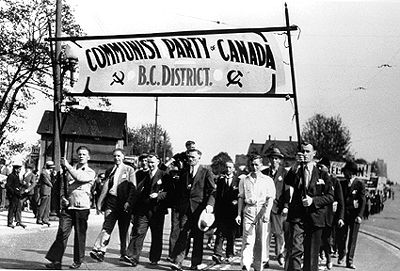Article
Manitoba Act
The Manitoba Act provided for the admission of Manitoba as Canada’s fifth province. It received royal assent and became law on 12 May 1870. It marked the legal resolution of the struggle for self-determination between people of the Red River Colony and the federal government, which began with Canada’s purchase of Rupert’s Land in 1870. The Act contained protections for the region’s Métis. However, these protections were not fully realized. As a result, many Métis left the province for the North-West Territories.











